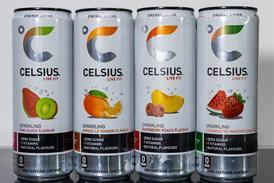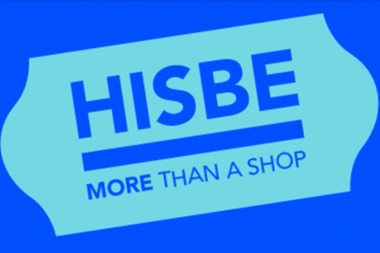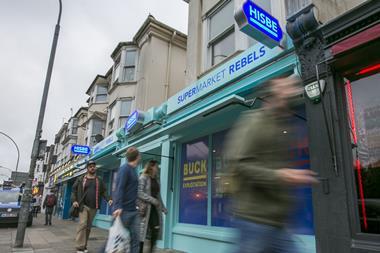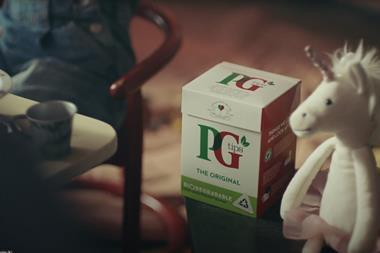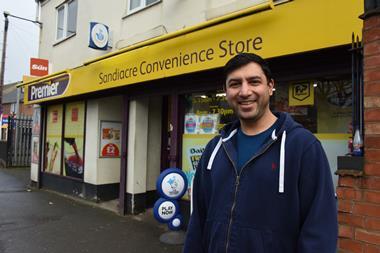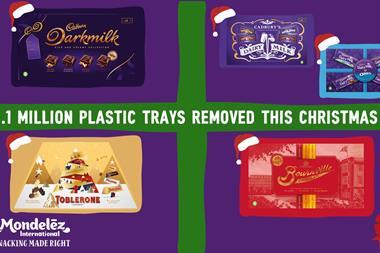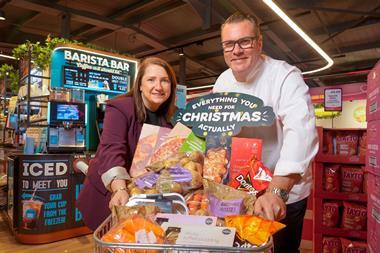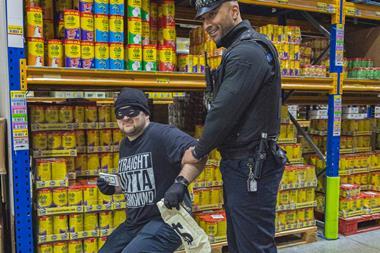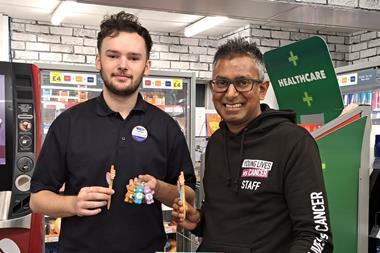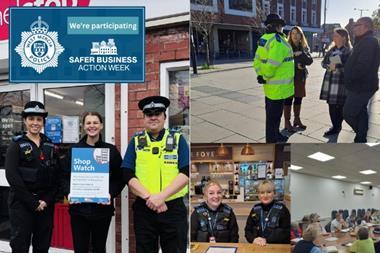Staying sustainable during Covid-19: HISBE offers details on its second store

Ethical retailer HISBE is just about to open its second store. Co-founder Ruth Anslow gives an update on the progress as well as the long-term impact of Covid-19.
ALREADY HAVE A REGISTERED USER ACCOUNT? PLEASE LOG IN HERE
To read the full story join the ConvenienceStore.co.uk community today!
Registration is quick and easy and provides access to:
- Unlimited ConvenienceStore.co.uk articles
- Our great range of newsletters
- Content you’ve saved for later via the ‘my library’ feature
And much more…








